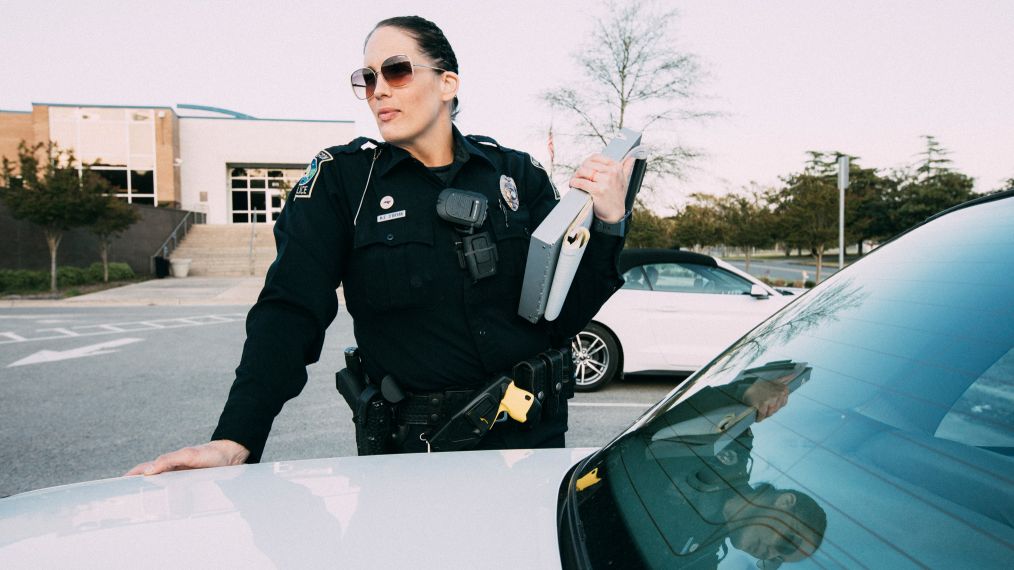
A career in law enforcement can be extremely rewarding and impactful. However, it also comes with unique challenges and responsibilities. Here is an overview of some key things to expect if you pursue a career as a police officer, detective, or other law enforcement professional.
The Hiring Process
Getting hired as a police officer involves rigorous screening and testing. The hiring process often includes a written exam, physical fitness test, psychological evaluation, polygraph test, background check, medical exam, and oral interview. Agencies want to ensure candidates have the skills and temperament needed for the demands of the job. The process can take 6 months or more. Competition is often stiff, with hundreds of applicants for just a handful of open positions.
Training
Once you have obtained a criminal justice degree online, new police recruits undergo intensive academy training. This usually lasts 12-14 weeks and covers law, operations, self-defense, weapons training, emergency response driving, and other critical areas. Recruits learn procedures, protocols and skills needed on the job. After graduating from the academy, new officers continue training under supervision of experienced officers during a probation period, which can last a year or more. Ongoing training continues throughout an officer’s career. Advanced training may be required for promotion or specialized assignments.
Work Environment
The daily work of a police officer can vary greatly. An officer may do the following:
- Respond to calls and emergencies
- Conduct patrols
- Interact with the public
- Make arrests
- Issue tickets and citations
- Investigate crimes
- Prepare reports
- Testify in court
- Manage crowds at large events
- Direct traffic
- Execute search warrants
- Work undercover
- Perform other important duties
Shifts often include nights, weekends and holidays. The job can be physically demanding and dangerous at times. However, police work also allows for great camaraderie with partner officers.
Stress and Mental Demands
Law enforcement careers come with very high levels of stress. Officers encounter tragedy, injury, death, and the worst of human behavior on a frequent basis. They must make quick decisions in emergencies and during confrontations or pursuits. The mental toll can be significant. Shift work also takes a physical and emotional toll. Agencies are focusing more on mental health resources to help officers manage stress and trauma. Building resilience is critical for sustaining a long and healthy career.
Work-Life Balance
The challenging nature of police work, long shifts, and overtime hours can make maintaining a healthy work-life balance difficult. Missing out on family events and holidays is common. Handling the stresses of the job when at home can also be hard. It’s important for officers to compartmentalize work and home life as much as possible. Agencies emphasize the need for proper sleep, diet, exercise, and down time away from the job to help officers avoid burnout.
Financial Compensation
Salaries for police officers vary by location and department. The average annual salary for officers across the U.S. is around $64,888. Overtime and specialty pay can increase earnings. Benefits usually include health insurance, life insurance, and retirement pension plans. After 25+ years of service, retirement with 50% or more of peak salary is common. Educational incentives and pay increases are available for pursuing higher education and training.
Overall, a career in law enforcement is multi-faceted and challenging, but also extremely meaningful. It provides the opportunity to positively impact communities, uphold laws, protect the public, and restore justice. With proper understanding and preparation for the realities of the job, a law enforcement career can be immensely rewarding.






